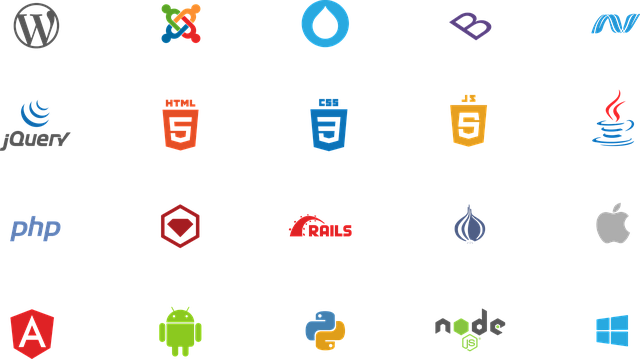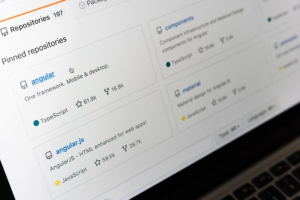In praise of PHP Frameworks Laravel and Symfony – The Register
Sponsored Post In terms of web development dominance, PHP continues to smash it out of the park. It’s the preferred server-side programming language for over three-quarters of global sites, including big guns such as Facebook.com, Wikipedia.org, Whatsapp.com, and Wordpress.org.
In fact, PHP powers a whopping 77.6 percent of all the websites monitored by W3Techs, World Wide Web Technolog…….

Sponsored Post In terms of web development dominance, PHP continues to smash it out of the park. It’s the preferred server-side programming language for over three-quarters of global sites, including big guns such as Facebook.com, Wikipedia.org, Whatsapp.com, and WordPress.org.
In fact, PHP powers a whopping 77.6 percent of all the websites monitored by W3Techs, World Wide Web Technology Surveys, which serves up independent information about the usage of various types of technologies on the web. “Nothing else is even in the running,” according to W3TEch. A very distant second place is occupied by ASP.NET, which is used by just 7.4 percent of sites, while Java clocks in at a trivial 4.6 percent.
IONOS, a European provider of email, domains, website, ecommerce and hosting services, explains in its latest blog how lots of web engineers choose PHP frameworks to speed up development, because they can help boost coding accuracy, portability, and efficiency.
Although there are several PHP frameworks available, Laravel and Symfony are two of the most popular. IONOS notes that Laravel helps create web apps by combining components from several different frameworks. It’s often used by small to medium-sized businesses or start-ups that need to get their product off the ground quickly. Symfony is both an Application Framework and a set of reusable components. It’s highly modular and flexible, allowing developers to customize their applications depending on the needs of each individual project. And it’s mainly used for more complex enterprise projects, observes IONOS.
While the advantages of using PHP frameworks are clear, their use can load up extra complexity to the code base. Some frameworks, for example, mandate pre-compilation of elements of the application before deployment. And let’s not forget that additional challenges are likely to surface when you come to actual deployment.
While simple projects can generally be deployed manually, when the complexity ramps up there are a host of proven automated tools to help smooth out the process – or at least mitigate the headaches – of deployment. The choice depends on what you need to build, but whether you use Laravel, Symfony, or any other framework that suits your fancy, there are platforms which offer a toolset to automate builds and deployments for dynamic PHP applications. IONOS Deploy Now is a good example, which can automatically create a deployment workflow with GitHub Actions.
You can read more about deploying your PHP projects via GitHub with IONOS Deploy Now here or get started with a sample project for Laravel or Symfony.
Sponsored by IONOS.







